Heart patients should take special care during the heatwave period, especially if they are over 50 years of age, have co-morbidities and / or are overweight.
The heart patients to pay a visit to the cardiologist on a regular basis in addition to controls on if they experience unusual symptoms in the summer, or when you’re embarking in a training program. Certain heart medications, such as beta-blockers, diuretics, or calcium channel blockers, may increase the body’s responses to heat. This, of course, does not mean that only drug users need to be careful, older people who have untreated high blood pressure , or just occasionally “messing up their hearts” also need to be extra careful.
Top 5 Summer Tips for Heart Patients
Take a regular sip of water, especially while and after doing physical activity. By this we can even mean light movements such as gardening, work from home or walking. If we find clean water boring, squeeze some fruit into it, but too much caffeinated drink and alcohol in the heat is especially to be avoided! Older people often do not feel thirsty, they should be warned more often to drink to avoid dehydration .
Not only is the use of sunscreen important for heart patients, it is recommended that everyone use at least 15 factor sunscreen when outdoors. A wide-brimmed hat, sunglasses, and lightweight, well-ventilated, tight-fitting clothing can also protect you from overheating . However, it is not recommended to spend the hottest hours, ie between 11 and 15 hours, on a hot day.
Even with the lightest activity, it is advisable to take regular breaks for heart patients when they sit down, even lie down, or take a shower and regenerate a bit. This is because the great heat puts a strain on even a healthy body, and heart patients get even more energy to adapt.
Heart patients and their environment should also be aware of signs that indicate exhaustion due to heat, or even heat stroke . Symptoms suggestive of the former include headache, dizziness, weakness, nausea, and dark-colored urine.
If you experience these, relax, put on a cold compress, turn on the fan, or if possible, look for an air-conditioned room. However, in case of heat stroke – which may be indicated by rapid, weak pulse and breathing, confusion, flushed, hot skin and even loss of consciousness – call an ambulance!
5. Ask for help from a specialist!
– As a result of the heatwave, the peripheral blood vessels dilate, blood pressure often fluctuates and we sweat more heavily – which obviously changes the water balance – and this can wear down the heart together, – explains dr. Péter Vaskó, cardiologist of the Cardiology Center. – This also increases the risk of heart attack , edema and thrombosis.
A heatwave can amplify the effects of medications, which may lead patients to conclude that they may reduce the dose or even leave the drug, but this can be dangerous! That is, whether the patient is complaining about the heat or the patient feels the need to change their medication, the most important thing to do is to see a cardiologist! Only investigation and control can be the basis for safety and avoiding complications.







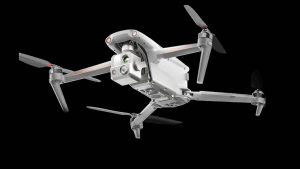




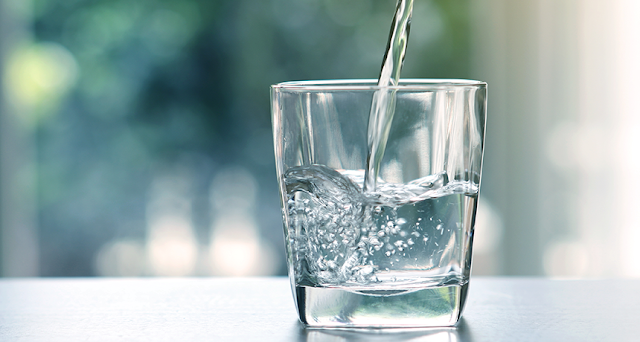
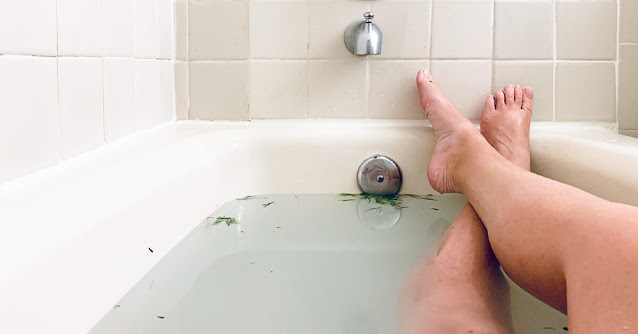

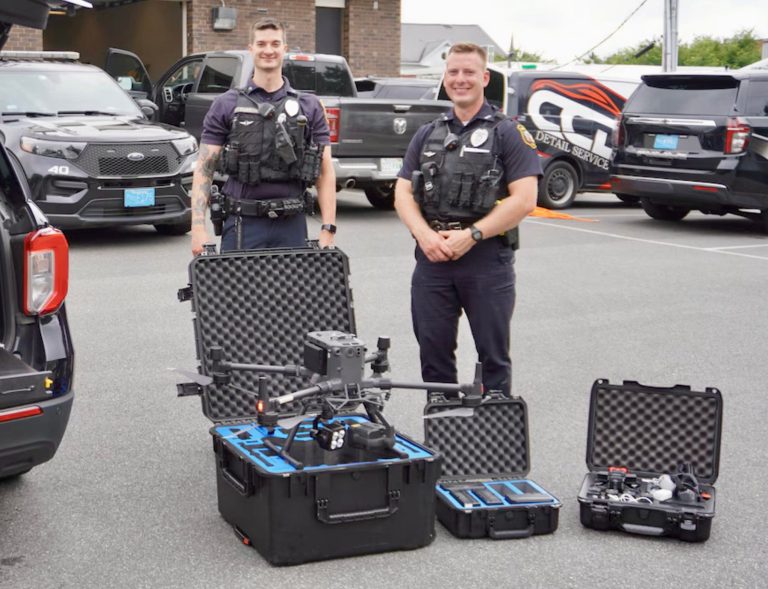


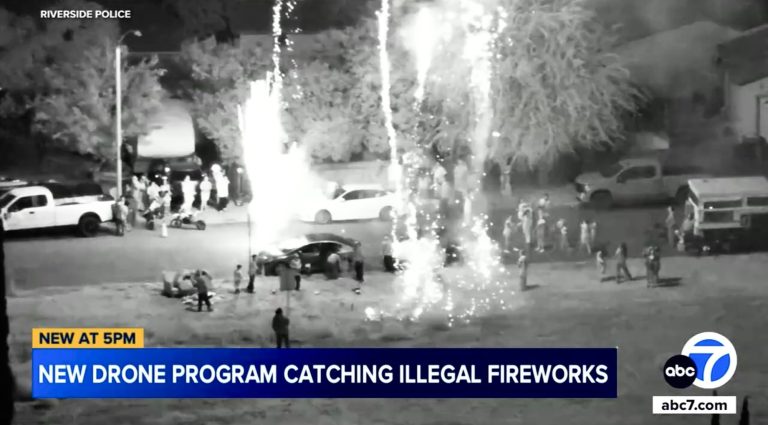
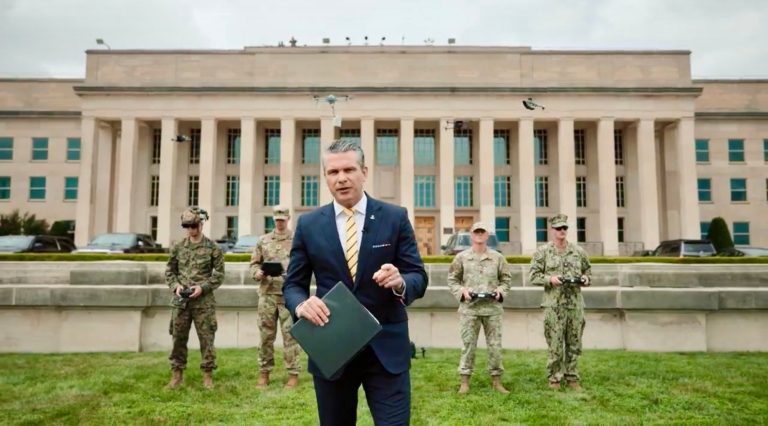


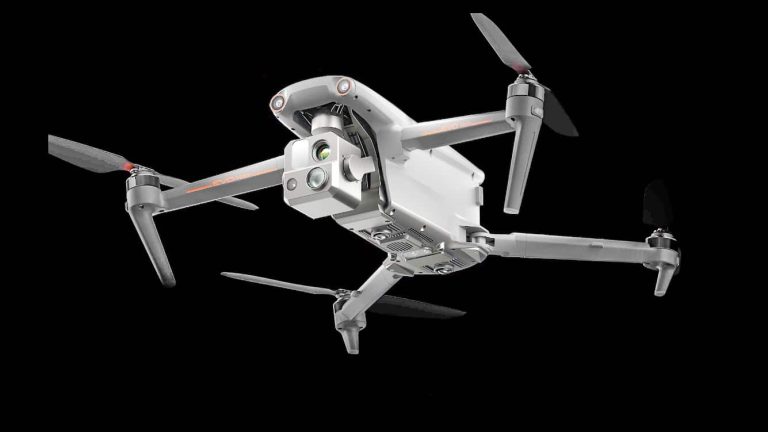
+ There are no comments
Add yours